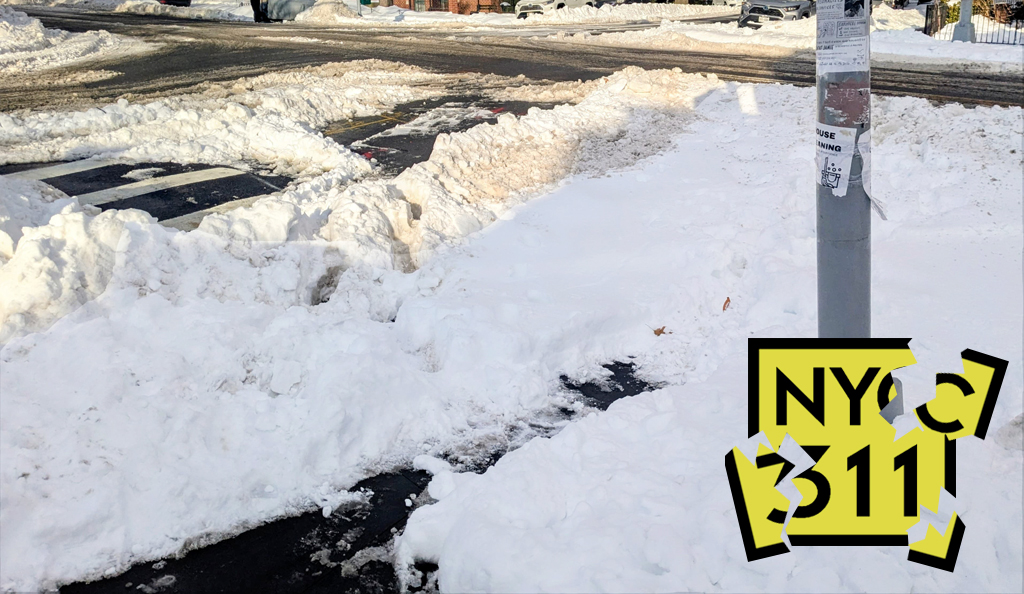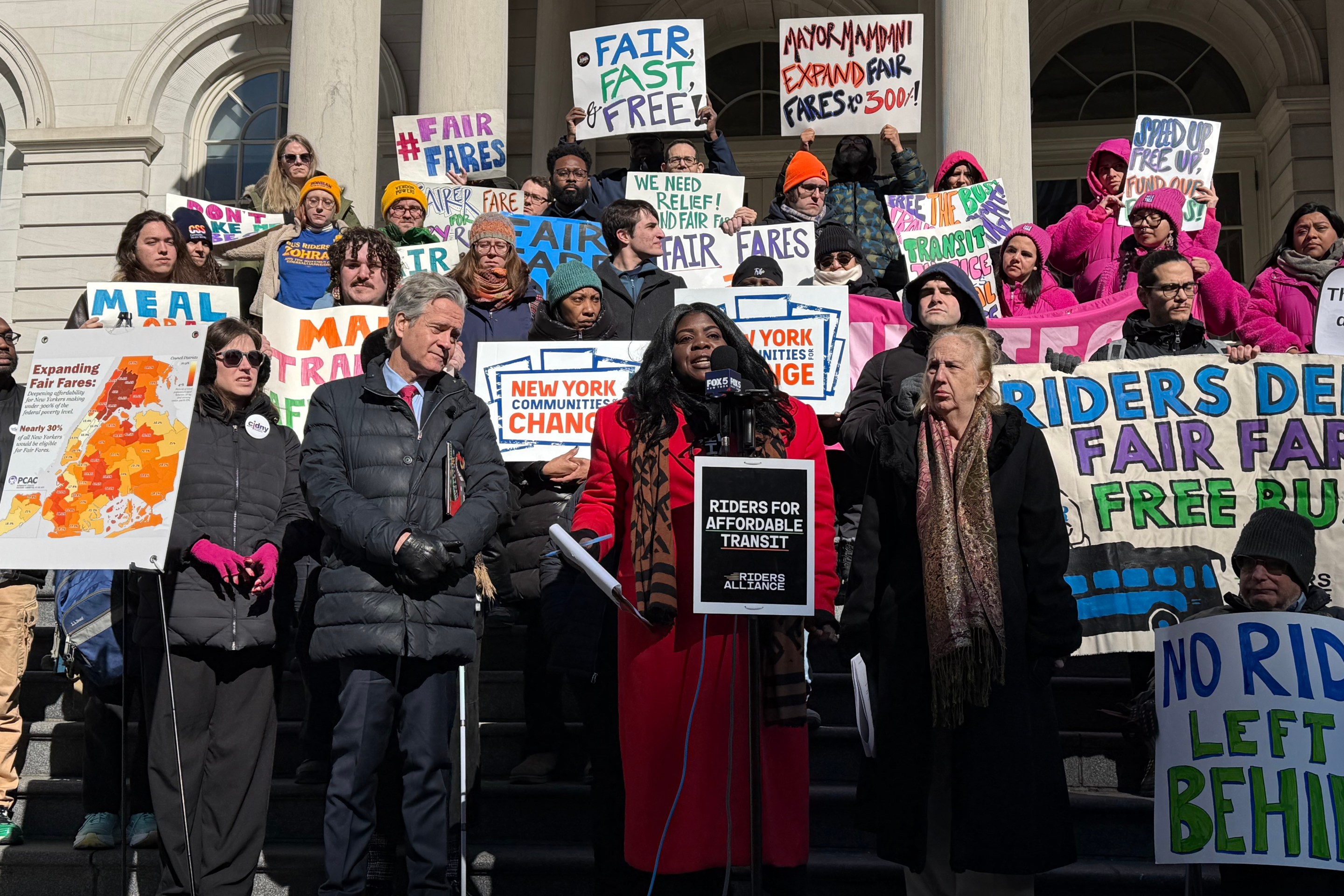Brooklyn City Councilmember Lew Fidler and a small group of his outer borough colleagues have put forward Resolution 774 "calling upon the Mayor of New York City to oppose the institution of any form of congestion pricing." The resolution is based on a March 2006 report commissioned by the Queens Chamber of Commerce that was, to put it mildly, filled with misinformation and gaping holes about the City of London's congestion charging experience.
Note that this is not an introduction of a new piece of legislation. It is just a resolution -- essentially nothing more than a toothless proclamation, a bid for attention. While I'm hesitant to give them that attention, the Queens Chamber report is such a shoddy piece of work compared to Bruce Schaller and the Partnership for New York City's congestion pricing studies, it is hard to resist giving you a peek:
By Council Members Fidler, Weprin, Avella, Gonzalez, Katz, Martinez and Nelson
Whereas, In response to a well-recognized problem of traffic congestion in cities, certain solutions have been proposed to control the public demand for transportation; and
Whereas, Solutions to this problem include providing incentives and disincentives to control traffic congestion; and
Whereas, The incentive method attempts to persuade more drivers to use public transportation by making public transportation more attractive, while the disincentive method attempts to deter people from driving by imposing a price or making it difficult for them to drive; and
Whereas, The City of London is currently executing the disincentive method by mandating a $14 charge, or a congestion price, for entering London's central business district, and as a result, various New York City advocate groups have called for the City of New York to also adopt congestion pricing; and
Whereas, The Queens Chamber of Commerce issued a report in February 2006, entitled "A Cure Worse than the Disease?: How London's 'Congestion Pricing' System Could Hurt New York City's Economy" (the "Congestion Pricing report"), indicating that despite the relatively steep congestion charge, London only experienced a 2% decline in the number of people entering that city after the charge's imposition; and
Whereas, The Congestion Pricing report also indicated that a congestion pricing system would result in 40,000 fewer people entering the Manhattan central business district each weekday, resulting in a $2.7 billion loss in economic output; and
Whereas, That same report additionally ascertained that working-class and middle-class car commuters who hold jobs based in Manhattan, and small to mid-size businesses from Brooklyn, Queens, Staten Island and the Bronx which need to send employees to Manhattan on a frequent basis, would be inequitably affected by congestion pricing; and
Whereas, The coalition "NYC Congestion Tax-Free" strongly opposes any form of congestion pricing, maintaining that such a policy is a tax and an unfair burden on the outer borough commuters; now, therefore, be it
Resolved, That the Council of the City of New York calls upon the Mayor of New York City to oppose the institution of any form of congestion pricing.Res. No. 774





